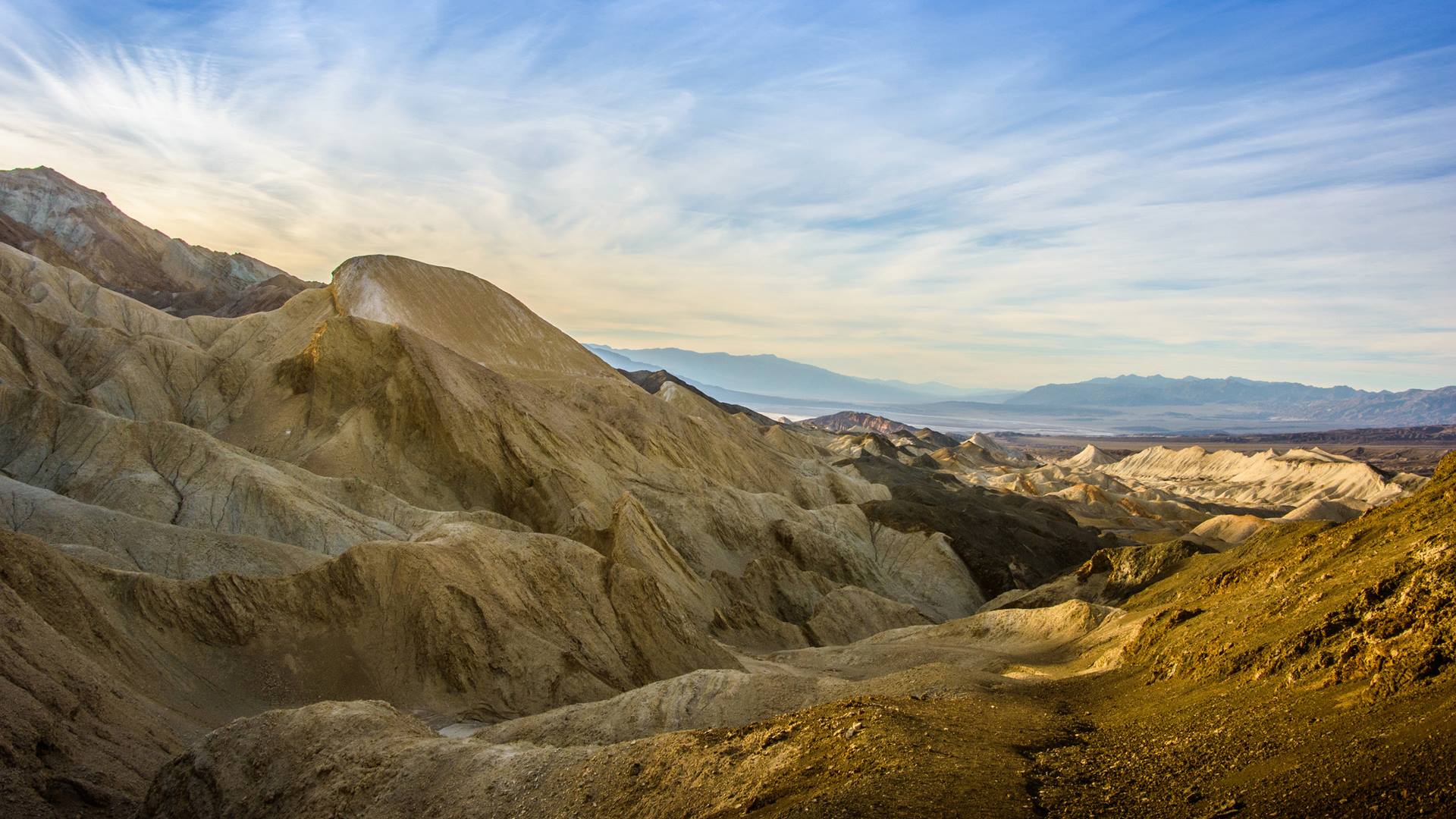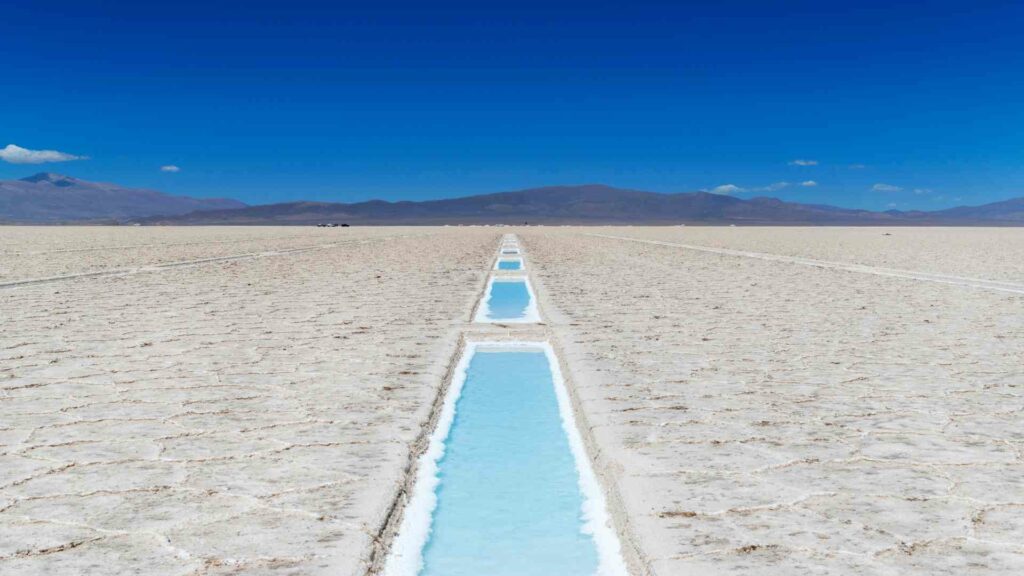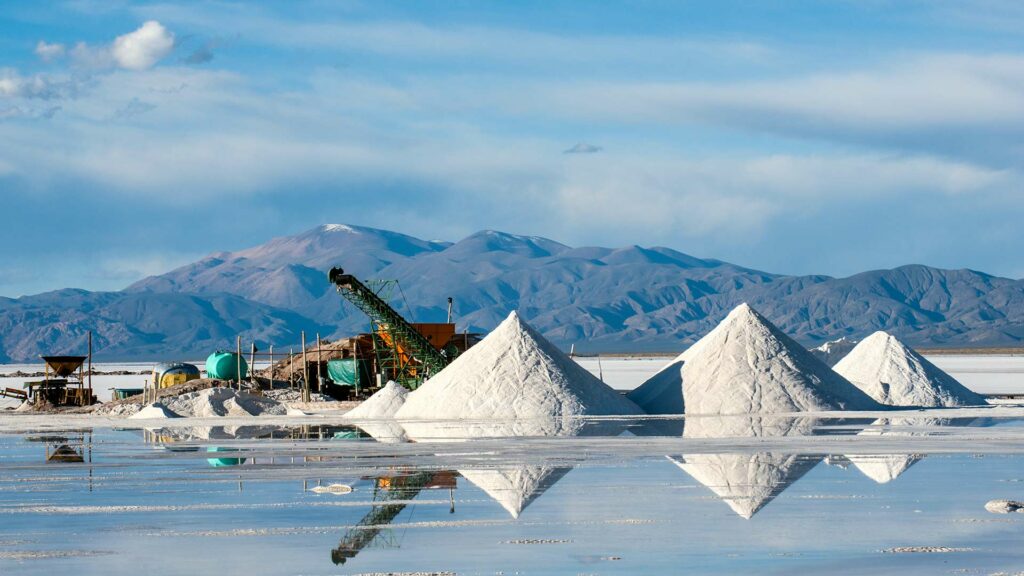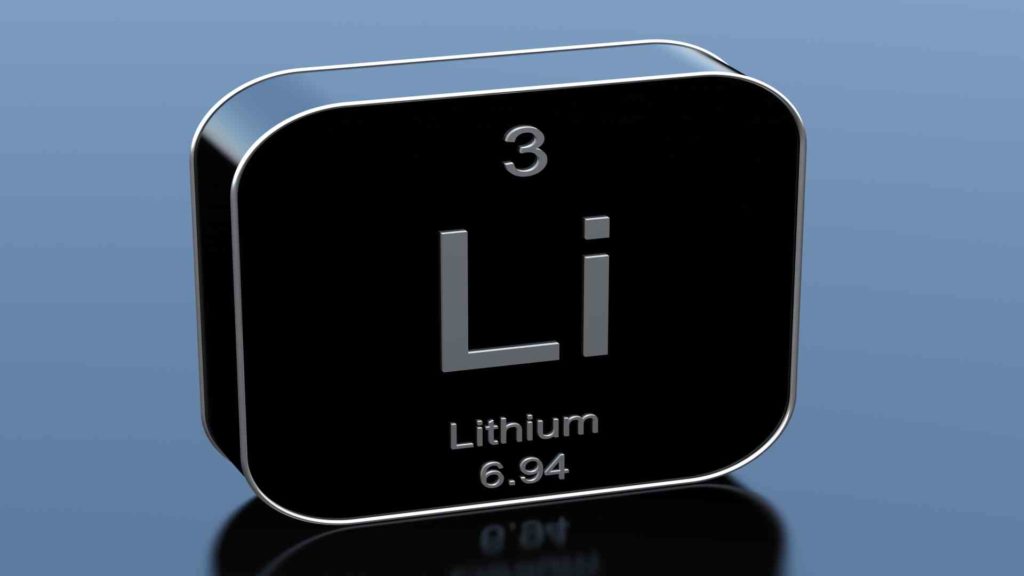
Insights into the Rio Tinto Jadar Project (Borates and Boron)
Rio Jadar Lithium Borate (Boron) is a new project in Serbia that specializes in producing lithium borate crystals. For the past five years, Rio Jadar Lithium Borate has been creating pure and clarifying crystals with clean water from its natural springs and power sources. The company strives to be safe for the earth and people alike by using environmentally friendly processes in their production process for every product they create, relying on 100% renewable energy & zero waste.
- Product – Lithium and Borate
- First jadarite discovery – 2004
- Serbian workforce – 90%
- Committed capital – $2.4B
- Jobs in the long term – 1000
- Jobs during construction -2000
- Details of the project and its development
Rio Tinto announced plans to invest $2.4 billion in the Jadar project with planned production of up to 58,000 tonnes of lithium carbonate for use in batteries by 2026 if all goes according to plan. According to Rio Tinto, the funding for its project is secure with a billion euro sum that has now been pledged.
In the next step, it wants approval and license from regulatory agencies before proceeding, but environmental reports will be made available shortly so everyone can comment on their findings. The project, which is still subject to regulatory approvals, had come to light at the end of May 2020 as part of an announcement that Rio Tinto and Slovakian battery company InoBat will build a value chain for the production and recycling electric car batteries in Serbia.
The Slovakian battery company InoBat wants to build a value chain for the production and recycling of electric car batteries in Serbia together with the mining group Rio Tinto. The Rio Tinto-InoBat partnership will cover the entire life cycle of a lithium battery, from mining to recycling.
The company’s Rio Jadar project in Serbia is central to this scheme and has one of the largest Greenfield sites for producing up to 55,000 tonnes of battery-grade lithium carbonate annually. Located southwest of Belgrade near Bosnia and Herzegovina, it offers plenty more untouched nature with which prospective employees can work around as they are given increasing responsibility at each stage throughout their career development within InoBat or Rio Tinto.
The company completed the detailed exploration of their Jadarite deposit in February 2020. The results of the drilling program are now being incorporated into an update to their geological model, which will better explore this unique mineral and find new ways for it to be used by industry.
Potential challenges of the projects and how they will be overcome
The Serbian government had released a petition calling for Rio Tinto’s Jadar lithium mine project and metal processing complex to be banned due to pollution concerns. The country of Serbia had demanded that the company clean up its act before it destroys their land.
Prodanovic revealed that Rio Tinto still does not have an exploitation license, adding that the project is in its initial stages. “We can’t commence any works before the approval of the environmental impact study (Environmental Impact Statement), a process that will last this entire year,” Prodanovic stated in an interview. “We are confident about the EIS’s outcome and expect it only to take us another few months before we address all or any potential concerns.”
“Serbia is prepared to hold a referendum,” Serbian President Aleksandar Vucic said in an official press conference. “The people shall decide whether they want this [referendum]” he added, expressing his support for the project while looking into reporters’ eyes with friendly confidence and uttering these words: “This is Serbia’s future.”
When the Jadar project is completed, it will mark a major achievement for Serbia. The feasibility study should be complete by 2021 and if approved, construction on this second-largest exporter in the country could commence as early 2022 with completion estimated at four years later.
Why Rio Jadar Lithium Borate project is needed in the international market
Rio Tinto, with its heavy exposure to the iron ore sector and a major pivot in strategy towards fast-evolving battery metals, is looking forward to an exciting future. The first entry of a big international mining company into the lithium market is significant for what has been dominated by specialty incumbents.
Rio Jadar is important for the Lithium market. The global lithium market is short of supply, with prices on the rise. Low prices over 2019 and 2020 have left producers ill-prepared for a sharp recovery in EV sales as the world emerges from lockdown. Supply now struggles to catch up with demand, which has led to rising lithium price levels globally. The gap will only widen unless new projects are funded soon, according to Will Adams – Battery Metals Analyst at Fastmarkets.
Rio might well accelerate phase two of the Jadar project, given “the strategy is usually more aggressive once proof of production has been achieved and the product accepted by battery makers”, according to Benchmark’s managing director Simon Moores. Now that this new type of energy source is being taken seriously due in large part to a company like Rio Tinto Group making such an investment into it, other miners will likely follow suit as they too pivot away from carbon products.
The Current Status of the Project
Rio Tinto has approved an additional investment of almost $200 million to progress the next stage of development on a lithium-borate project in Serbia. This will primarily fund the feasibility study, including detailed engineering designs for permits and land acquisition by 2021, according to initial plans.
To ensure the safety of our future generations, it is necessary to get approval for all relevant regulatory approvals before starting construction. This includes an environmental impact assessment (EIA) study that will be made public soon so they can comment on its findings and make sure they’re safe enough for them to live in comfortably. Construction should begin as scheduled next year which is 2022.
After the company completed their drilling program, they’re now exploring how it will affect their geological model. The update could lead to a JORC Reserve declaration and submission of Elaborate on Reserves following the Serbian mineral code.
The company has received a positive recommendation from the European Bank for Reconstruction and Development (EBRD). This will allow them to progress with their plans of building Europe’s first commercial-scale lithium plant in Serbia. The EBRD approved €30 million investment for this project, which is expected to create over 4,000 jobs in Serbia.
Final approval by shareholders is still pending but it appears likely that they will approve this project as well due to its high economic potential and job creation potentials.





